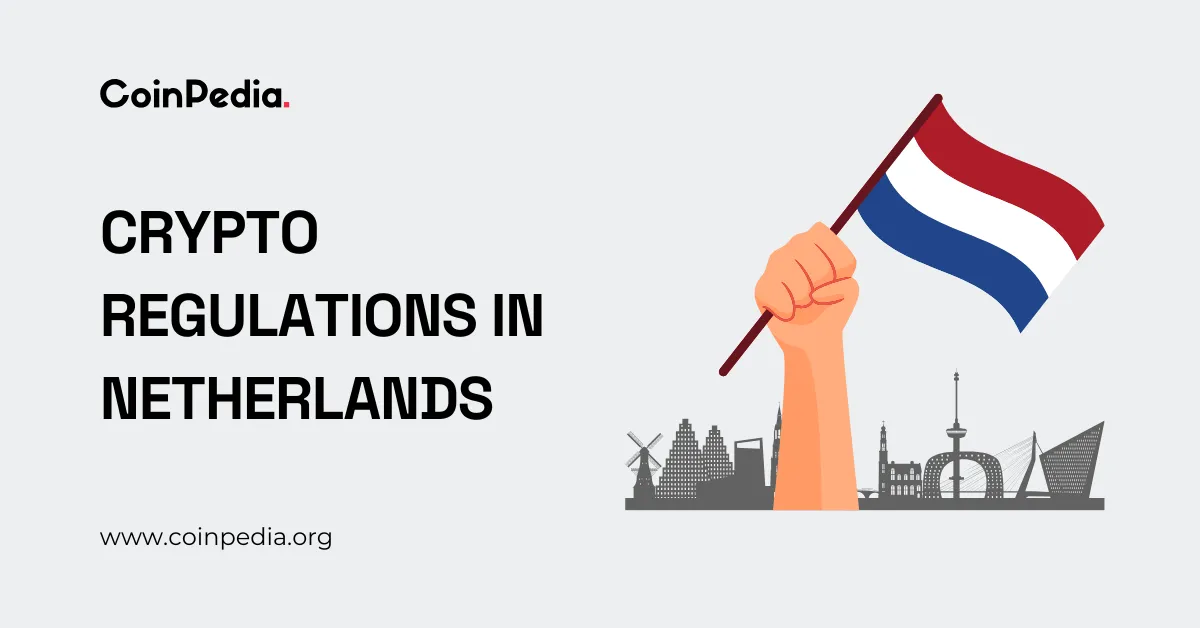
The Netherlands is often regarded as a crypto-friendly country due to its robust regulatory framework for cryptocurrencies. While owning and trading cryptocurrency is legal in the Netherlands, it does not have any specific concrete regulations governing digital assets. Since the Netherlands is a part of the European Union (EU), it has incorporated with EU’s crypto regulations, including the EU’s fifth anti-money laundering directive (AMLD5).
June 30, 2025 – Ending of Transitional Period
Crypto asset service providers (CASPs) operating in the Netherlands will need an MiCA license from the Dutch Authority for the Financial Markets (AFM) to legally offer crypto-related services.
December 2024 to June 2025
January 2025
| Date | Law/ Regulation | Details |
| December 30, 2024 | MICA Provision | CASPs require obtaining authorization from DNB |
| November 2024 | Tether investment in Quantoz | Aims to launch MICA-compliant stablecoin |
| July 17, 2024 | Basel cryptoasset standard | This will be implemented from January 1, 2026 |
| June 30, 2024 | ART & ERT | Trading of asset-referenced tokens (ART) and e-money tokens (EMT) becomes applicable |
| June 29, 2023 | Provision for regulating ART & ERT | Came into effect under the MICA regime |
| 2023 | Crypto tax | Updates in ‘fictitious return’ |
| 2022 | Crypto tax | Updated wealth tax on the proportion of total wealth |
| 2020 | AML/ CFT | Adopted under the Dutch interpretation of the EU’s fifth anti-money laundering directive (AMLD5) |
| 2020 | Wwft | The Money Laundering and terrorist financing prevention act was launched under AML/ CFT. |
The Dutch National Bank- De Nederlandsche Bank (DNB):
The Dutch Authority for the Financial Markets (AFM):
EU Passporting: Once licensed in the Netherlands, the entities can expand their services to all European Union (EU) countries through a notification process to their respective regulators.
Tax summary table for 2025
| Tax type | Details |
| CGT | NA |
| Wealth tax | 36% of total assets |
| Income tax | Tax exemption limit: €57,684 |
| Gift crypto | Tax exemption limit: €2,690 |
Penetration: Over 5 million people are using cryptocurrency in 2025, which represents the penetration rate of 31.05%. By 2026, the numbers are expected to increase by 5.85 million users, projecting a 31.72% penetration rate.
Revenue: The current revenue in the crypto market is US$966.7 million, which is anticipated to rise by 3.07% by next year. By 2026, the crypto market in the Netherlands will reach US$996.3 million in revenue.
Crypto Holdings: No official disclosure yet; the Dutch government is currently focusing on enhancing the regulatory framework.
The Netherlands’ government does not hold any crypto assets in its federal reserves; the YouTube influencer Bitcoin Bram has proposed to the Dutch government for the establishment of a national bitcoin reserve. Despite not having any possession of crypto assets in its reserve, the Dutch government has approved several crypto service providers and crypto assets in the Netherlands, which has helped millions of Dutch people utilize cryptocurrency legally.
Yes, owning and trading cryptocurrency is legal in the Netherlands. It operates under a robust regulatory framework, incorporating EU standards like AMLD5 and upcoming MiCA rules.
Yes, the Netherlands is considered crypto-friendly due to its clear regulatory framework for digital assets, including a structured approach to MiCA implementation and a growing adoption rate.
The Netherlands does not have a capital gains tax on crypto. Instead, crypto assets are subject to a 36% wealth tax (Vermogensrendementsheffing) on presumed gains, calculated annually on January 1.
The Dutch National Bank (DNB) is the primary regulator for crypto-fiat exchanges and custodian wallet providers, while the Dutch Authority for the Financial Markets (AFM) issues MiCA licenses and promotes transparent markets.
XRP is gaining strength again. The token is up about 6% in the past 24…
The claim sounds dramatic at first: one day, owning just 100 XRP might feel like…
In the downtrend, HYPE has climbed to 8.2% of circulating supply held by digital asset…
The cryptocurrency market staged a strong comeback over the past 24 hours, with major digital…
Ethereum price rebounded over 6% in the past 24 hours, climbing back toward the $2,000…
Major cryptocurrencies have declined between 7% and 11% over the past week as bitcoin remains…